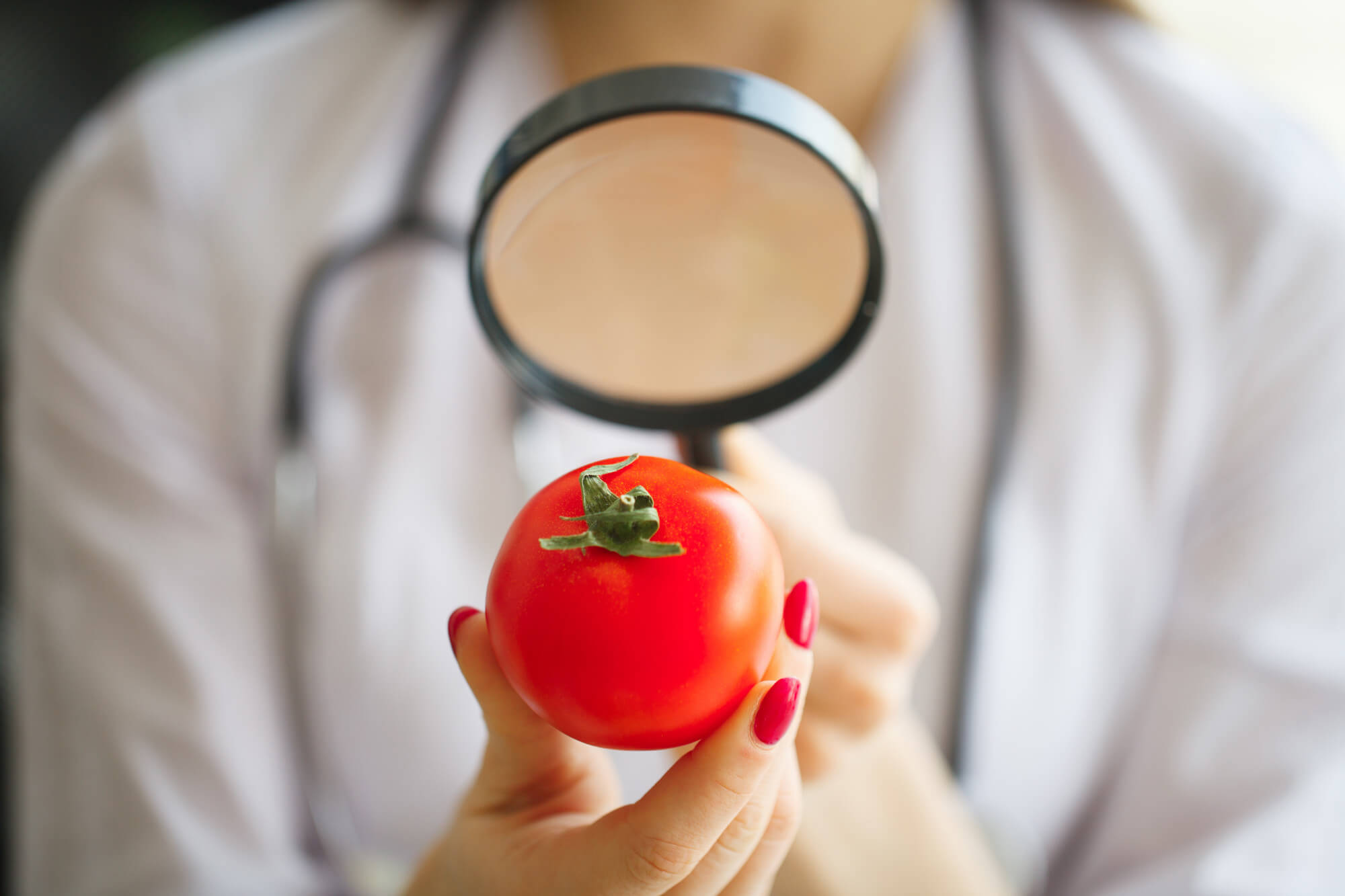Tomato allergy – how to recognize and avoid problems?


Viktor Levchenko
What is tomato allergy?
Tomato allergy is an immune response of the body to certain substances found in tomatoes, also known as an allergy to tomatoes. It can manifest as food, contact, or inhalation allergy, as well as oral allergy syndrome.
Tomato allergy is considered a rare phenomenon, but the number of cases is increasing. Tomato allergy mainly occurs in children and people with atopic diseases.
Causes of tomato allergy
The main cause of tomato allergy is the presence of allergens in tomatoes, which cause an undesirable reaction of the immune system. The most common allergen in tomatoes is the protein profilin. In addition, tomatoes contain other allergens, such as lipoxygenase and tomatin. Some people may be allergic to the pigment lycopene, which gives tomatoes their characteristic red color.
Symptoms of tomato allergy

Tomato allergy can manifest in different ways, depending on the type of allergy.
1. With a food allergy to tomatoes, symptoms can include nausea, vomiting, diarrhea, abdominal pain, itching, and swelling in the mouth and throat area.
2. Contact allergy to tomatoes manifests as a skin reaction, such as itching, redness, rash, or eczema on areas of skin that have touched tomatoes.
3. Inhalation allergy to tomatoes can cause symptoms similar to allergic rhinitis, such as nasal congestion, sneezing, runny nose, or even asthma attacks.
4. Oral allergy syndrome associated with tomato allergy is characterized by itching, swelling, and redness of the oral and throat mucosa upon contact with tomatoes.
Diagnosis of tomato allergy

Various diagnostic methods are used to determine tomato allergy. An allergist collects information about the symptoms, their onset, and the circumstances of their appearance, as well as the patient's overall health.
Allergy tests
There are various allergy testing methods, such as skin tests, blood tests for IgE antibodies, and provocation tests, which can help confirm a tomato allergy.
Tomato allergy in children
Tomato allergy in children can manifest with more pronounced symptoms, such as rash, itching, swelling, and gastrointestinal disorders. Infants may also suffer from colic and irritability due to tomato intolerance.
Introducing tomatoes to complementary feeding
It is recommended to start introducing tomatoes to a child's complementary feeding after they reach the age of 1 year. Start with small portions, gradually increasing the amount, and carefully monitor the child's reaction.
Tomato allergy during pregnancy and breastfeeding

Tomato allergy may have its peculiarities in pregnant and breastfeeding women, as well as affect the development of the fetus and the newborn.
Peculiarities of tomato allergy in pregnant women
Pregnant women suffering from tomato allergy may experience intensified symptoms, such as nausea, vomiting, or skin manifestations.
Impact of tomato allergy on fetal development and newborn
Tomato allergy in pregnant women can affect fetal development, causing developmental delay, prematurity, or even allergic reactions in the newborn.
Pregnant and breastfeeding mothers suffering from tomato allergy should exclude them from their diet and include other vegetables and fruits rich in vitamins and minerals in their menu. It is also worth consulting a specialist for individual diet selection and allergy treatment.
Treating tomato allergy

The approach to treating tomato allergy depends on the type and severity of the reaction. The basis of tomato allergy treatment is the exclusion of tomatoes from the diet, as well as products containing tomatoes or their components.
Antihistamines (Cethrin, Zodac, Claritin, Loratadine-Teva, Telfast, Fexadine) may be prescribed to relieve allergy symptoms such as swelling and skin redness, as well as to reduce gastrointestinal manifestations.
Immunotherapy for tomato allergy
In rare cases, when tomato allergy causes serious problems, a doctor may recommend immunotherapy aimed at reducing sensitivity to tomato allergens.
Treatment with folk remedies
Folk remedies can be used as a complement to traditional tomato allergy treatment, but consult a doctor before using them.
Among the methods to relieve tomato allergy symptoms, you can use herbal decoctions and infusions, such as nettle, St. John's wort, and chamomile, which have anti-inflammatory and soothing effects.
Some folk remedies may have contraindications and cause side effects, so consult a doctor before using them.
Coexisting allergies and cross-reactivity
Cross-reactivity can occur in people with tomato allergies, causing a reaction to other products.
Cross-reactivity means that the immune system confuses proteins of one product with proteins of another product due to their similarity.
Related allergies: which products can cause a reaction
People with a tomato allergy often experience a reaction to other products from the nightshade family, such as potatoes, eggplants, and peppers. Reactions to allergens from other products, such as fruits and nuts, are also possible.
Tomato allergy prevention

Tomato allergy prevention involves the correct approach to introducing tomatoes into the diet, strengthening immunity, and timely consultation with specialists.
A balanced diet with an adequate amount of vitamins and minerals promotes the strengthening of the immune system and reduces the likelihood of developing an allergy to tomatoes and other products.
In conclusion, although tomato allergy is a relatively rare phenomenon, it can cause serious health problems. In a child or infant, tomato allergy may manifest differently than in adults, so it is important to carefully monitor the baby's reaction to new products. If you suspect that you or your child have developed an allergy to tomatoes, be sure to consult an allergist and follow their recommendations for diagnosis, treatment, and prevention.
Related Materials
New materials
Popular Articles
We recommend reading
Contact us in the Contact Us section to ask questions, offer ideas, or for more information about our allergy resource.
Our articles are your trusted source of allergy knowledge. Learn how to make life with allergic reactions easier on our specialized portal.
©
Lechenie-Allergii.com. All rights reserved.
© Lechenie-Allergii.com. All rights reserved.
The information on this site is for informational purposes only and is not a substitute for professional medical advice. We recommend consulting with qualified medical professionals for accurate information and advice.
 English
English  Українська
Українська  Русский
Русский 









